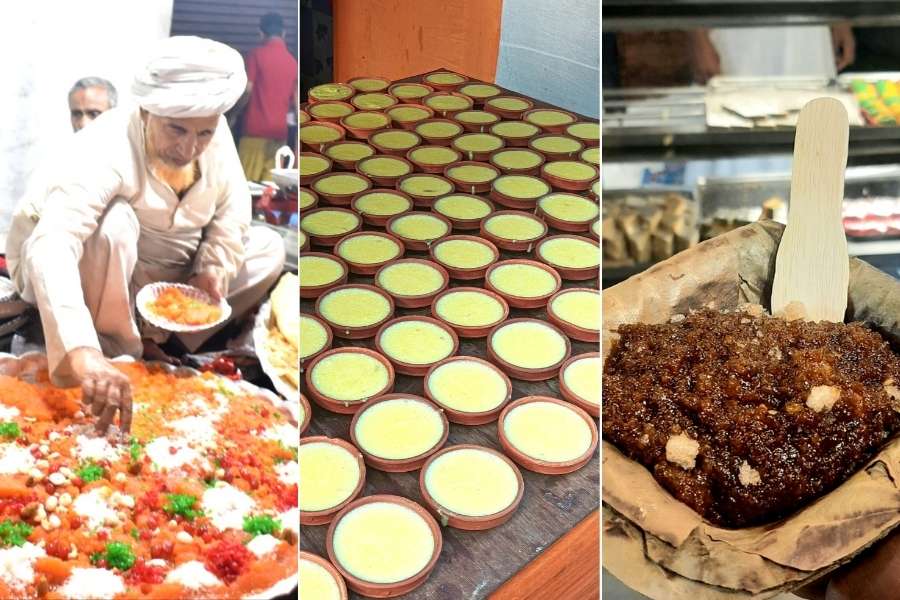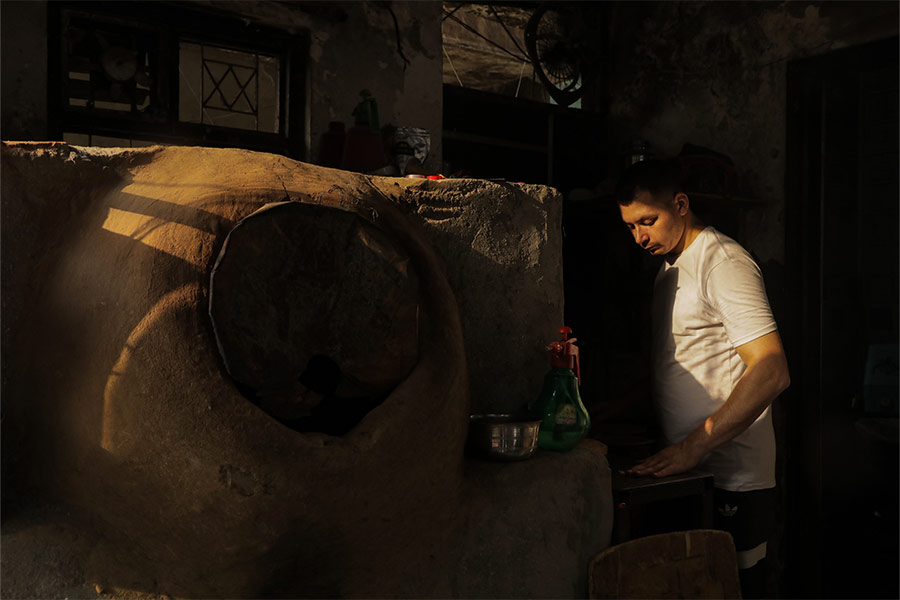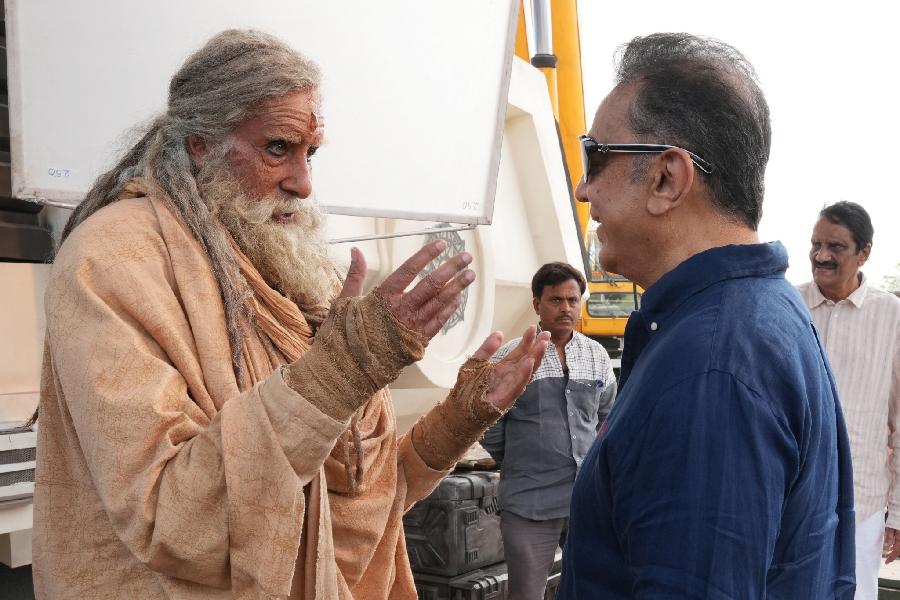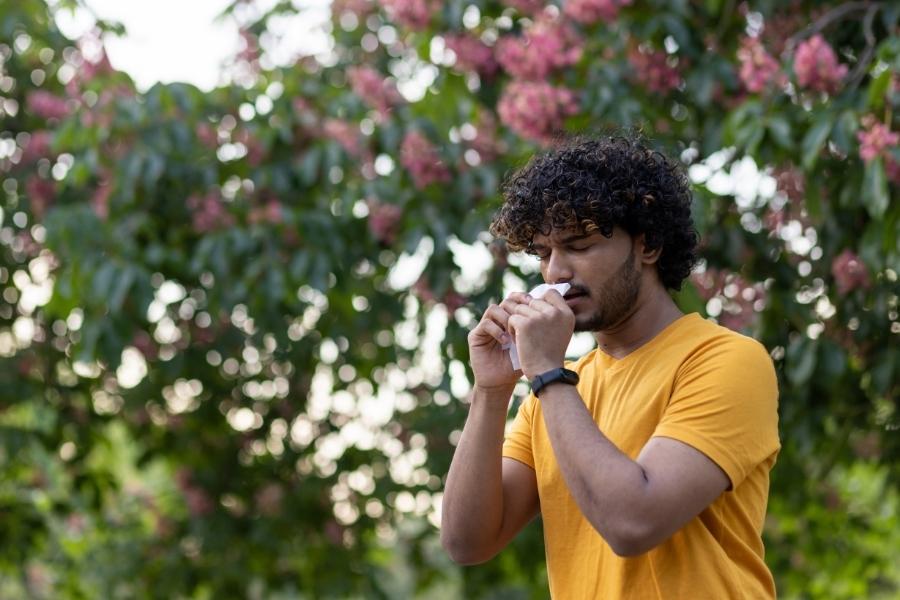 Tuesday, 24 February 2026
Tuesday, 24 February 2026
 Tuesday, 24 February 2026
Tuesday, 24 February 2026
Members of the consumer group UFC-Que Choisir gathered in central Paris on Tuesday, holding signs that read “The polluter pays” as they warned residents to brace for higher water bills.
After years of relative stability, prices have risen 16% since 2023 — and, the group says, that surge is “only the beginning.”
The organisation released a study showing that only 85% of water networks now meet regulatory standards, based on data from regional health agencies. That figure is 10 points lower than in 2021, largely because the purification needed to make tap water safe has grown more complex and costly.
Most French households still receive tap water considered “compliant,” but that compliance, the group notes, carries a widening price tag.
Rivers and groundwater are contaminated with pesticides, nitrates, heavy metals, endocrine disruptors and PFAS — “perennial pollutants” that require extensive treatment. More than one billion euros a year is spent on removing pesticides and nitrates alone, costs borne almost entirely by consumers.
The pollution itself, UFC-Que Choisir argues, comes overwhelmingly from agriculture, which accounts for 75% of nitrate pollution and 70% of pesticide pollution, while some industrial sectors continue to release persistent contaminants.
Yet households, not polluters, face rising bills.
The association has also escalated a legal battle involving Perrier, the Nestlé-owned bottled water brand. UFC-Que Choisir is seeking emergency action to remove Perrier from store shelves, accusing the company of deceptive marketing by promoting its product as “natural” mineral water.
The demand follows revelations last year that Perrier and other brands had illegally treated their water to prevent contamination, despite rules barring disinfection for mineral water.







